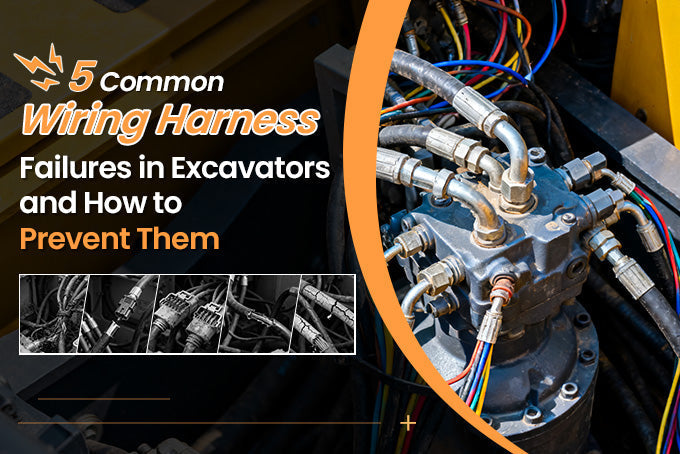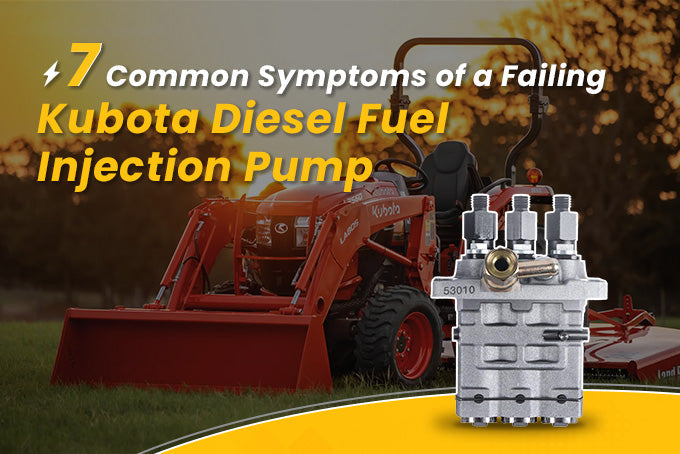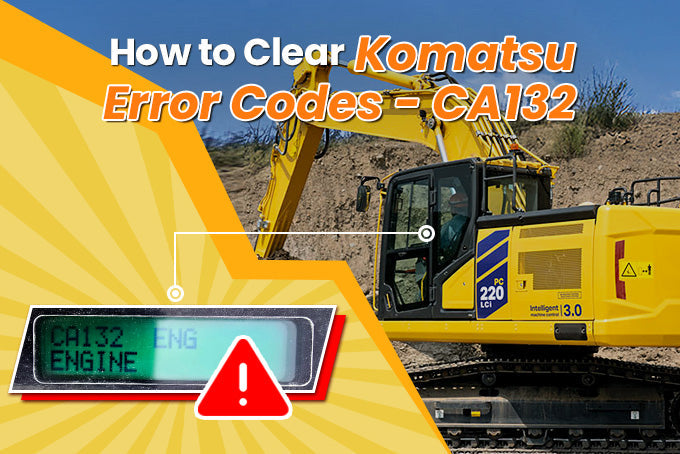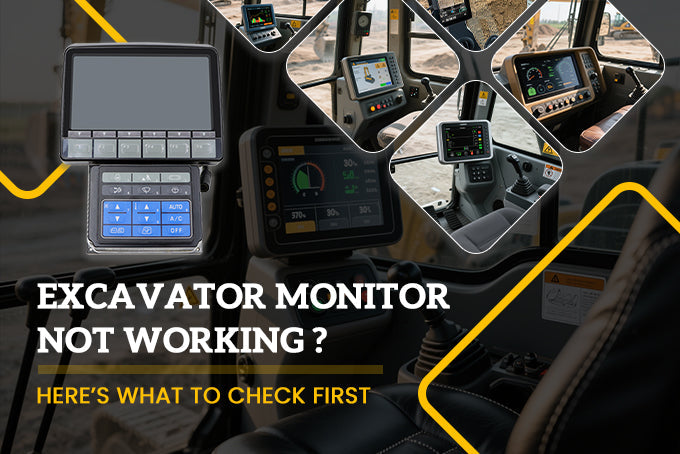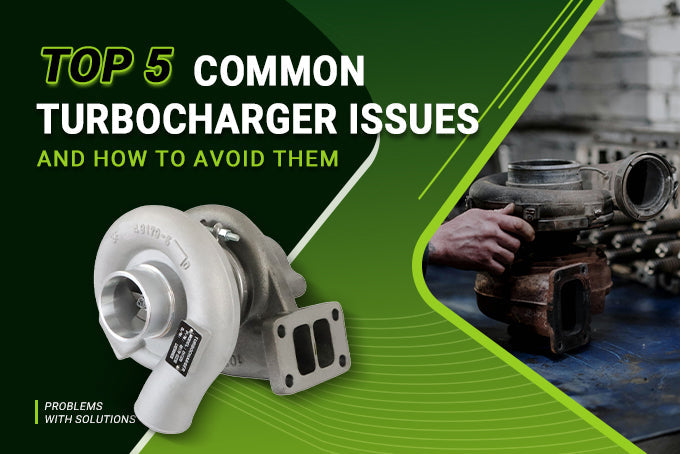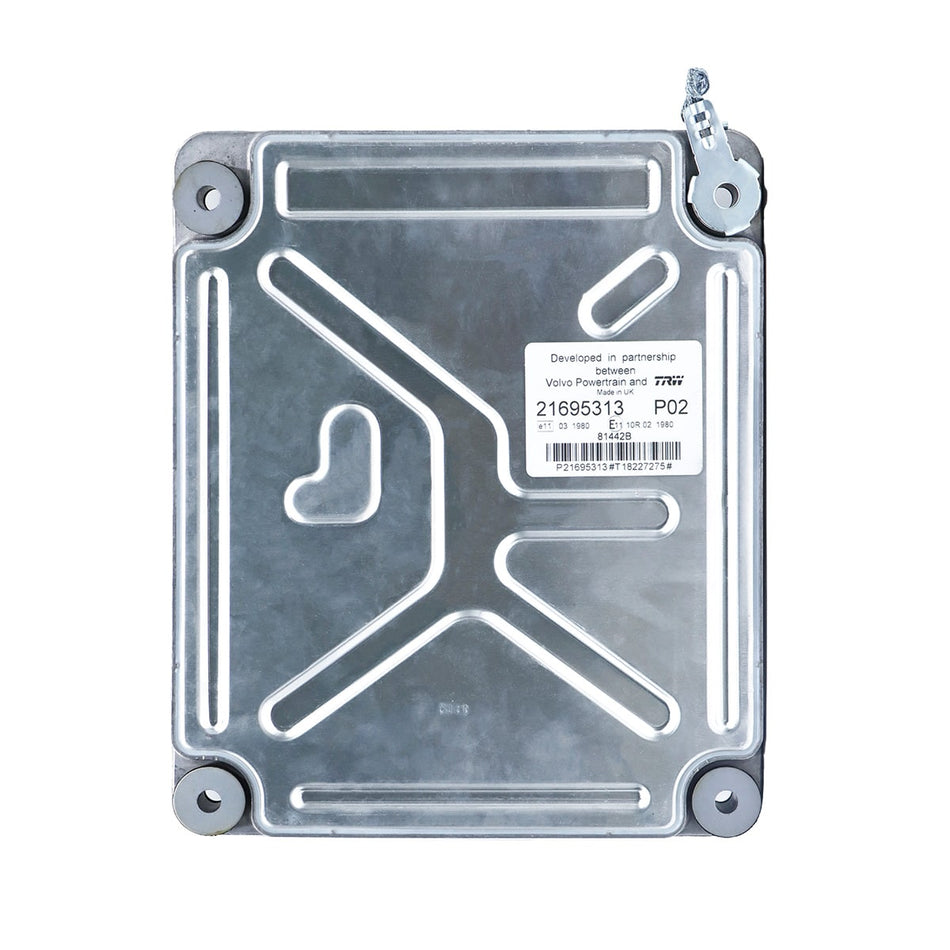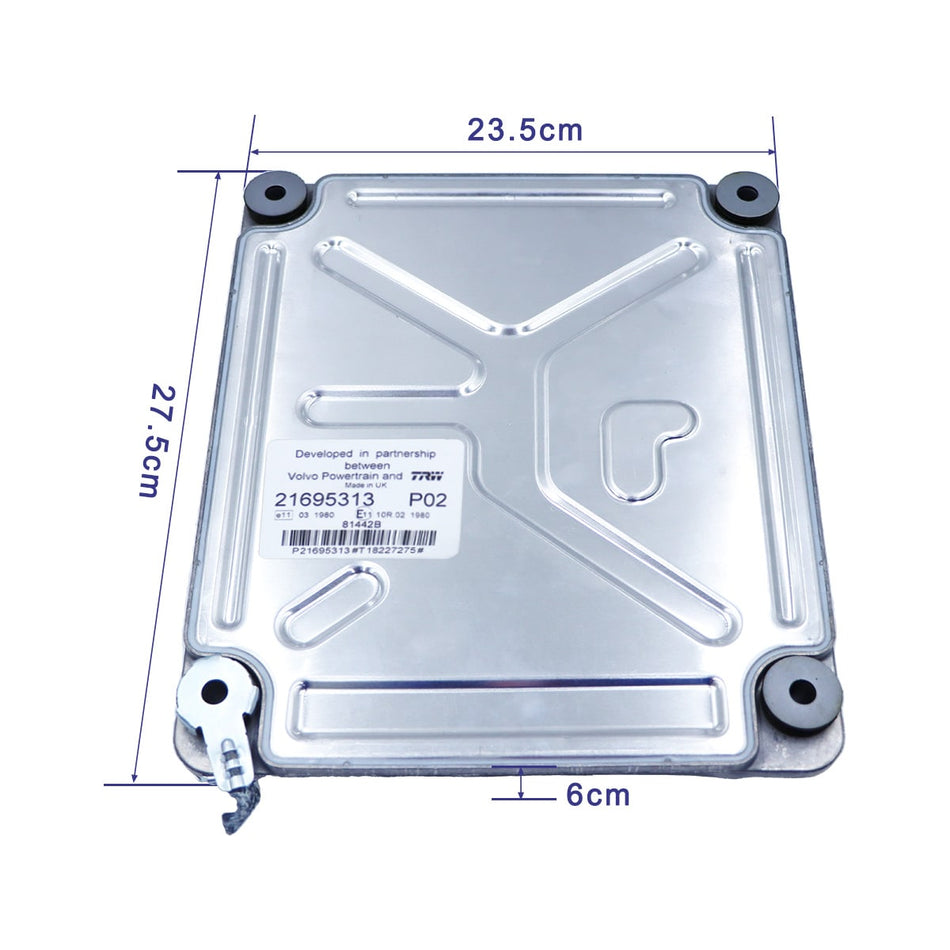Introduction
In the high-stakes world of construction, equipment downtime isn’t just inconvenient—it’s expensive. A single hydraulic system failure can cost thousands in lost productivity, repairs, and missed deadlines. At the heart of these systems lies the piston pump, a critical component responsible for converting mechanical energy into hydraulic power. But with so many options on the market, selecting the right piston pump for your construction brand can feel overwhelming.
This guide cuts through the noise, offering actionable insights to help you choose a piston pump that maximizes efficiency, durability, and ROI. Whether you’re managing a fleet of excavators or sourcing parts for bulldozers, these seven expert strategies will ensure you avoid costly mistakes and keep your projects on track.
Why Choosing the Right Piston Pump Matters
Piston pumps are the heart of your hydraulic system. Whether you're operating excavators, loaders, or other heavy-duty equipment, a mismatched or underperforming pump will result in:
-
Reduced operational efficiency
-
Increased fuel consumption
-
Frequent part replacements
-
Expensive downtime
According to a 2023 report by the Association of Equipment Manufacturers, over 62% of equipment failures in hydraulic systems are linked to pump inefficiencies or misalignment with the equipment.
That statistic alone shows how vital the right choice is.
How to Choose the Right Piston Pump for Any Construction Brand
Let’s explore the steps and strategies that guarantee the perfect fit:
1. Understand Your Equipment’s Hydraulic Requirements
Every construction brand and model has unique hydraulic specifications. Before selecting a piston pump, know:
-
Maximum pressure and flow rate
-
Fluid viscosity and temperature range
-
System configuration (open-loop or closed-loop)
Pro Tip: Check the manufacturer’s manual or consult a certified technician to get accurate numbers.
2. Match the Pump Type with the Job Application
Different job applications require different pump strengths and capabilities.
-
Open-circuit pumps are great for general construction machinery.
-
Closed-circuit pumps are ideal for applications requiring reversible motion, such as cranes or mining trucks.
For brands like Caterpillar, Komatsu, or Volvo, application-specific matching ensures optimal performance.
3. Consider OEM vs Aftermarket Piston Pumps
While OEM (Original Equipment Manufacturer) parts guarantee compatibility, aftermarket piston pumps often provide similar performance at lower costs.
Compare based on:
-
Warranty: SINOCMP offers a 1-12 month warranty based on specific products
-
Material durability
- Customer support and service
Stat Alert: Over 45% of U.S. construction firms now prefer high-quality aftermarket options for cost-efficiency.
4. Evaluate Pump Build Quality and Components
High-performance piston pumps feature hardened steel pistons, precision-machined parts, and high-grade seals.
Look for features like:
-
Wear-resistant coatings
-
Noise and vibration reduction
-
Anti-cavitation designs
Case Example: A fleet using low-grade piston pumps experienced 30% more failures annually compared to those using premium aftermarket options.
5. Check Compatibility with Common Construction Brands
Your chosen pump must align with brand-specific designs. For example:
-
Komatsu machines often use swashplate design axial piston pumps.
-
Caterpillar may require variable displacement options.
-
Hitachi demands pumps with quick-response valves for excavators.
Make sure to cross-reference part numbers or use compatibility charts from reputable vendors.
6. Don’t Ignore Supplier Reputation and Support
Only buy from suppliers who offer:
-
Technical support
-
Extended warranties
-
Global shipping and fast delivery
Reliable service reduces the risk of installation errors and ensures long-term satisfaction.
7. Think Long-Term: Efficiency and Maintenance
Consider energy efficiency ratings and ease of maintenance. Pumps that are easier to service reduce total cost of ownership.
Install a monitoring system that tracks hydraulic performance over time—this helps in predicting failures before they occur.
Frequently Asked Questions (FAQ)
Q1: Can I use a universal piston pump across all construction brands?
No. Each brand has specific hydraulic requirements. Universal pumps can compromise performance or cause failure.
Q2: Are aftermarket piston pumps reliable?
Yes—if sourced from a reputable brand. Many now meet or exceed OEM standards and come with warranties.
Q3: How often should I replace a piston pump?
Typically, after 5,000–7,000 operational hours. Regular inspections can extend lifespan.
Q4: Is a higher flow rate always better?
Not necessarily. An excessive flow rate can over-pressurize the system and damage components.
Conclusion: Get It Right the First Time
The right piston pump isn’t just a part—it’s a performance multiplier. By understanding your equipment’s hydraulic system, matching pump specs to brand requirements, and sourcing from trusted providers, you can safeguard your investment and maximize output.
Whether you're running a fleet or managing one machine, these tips will steer you toward smart, confident decisions that keep your construction operations strong and steady.








